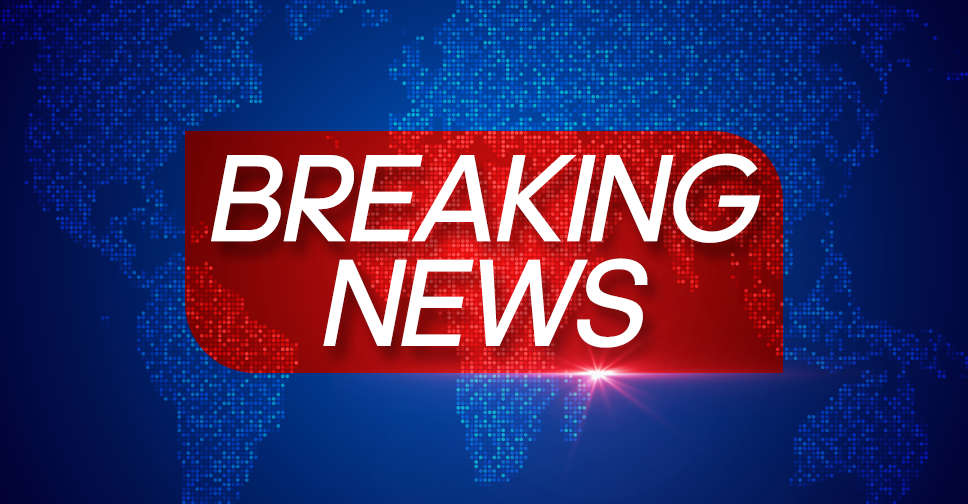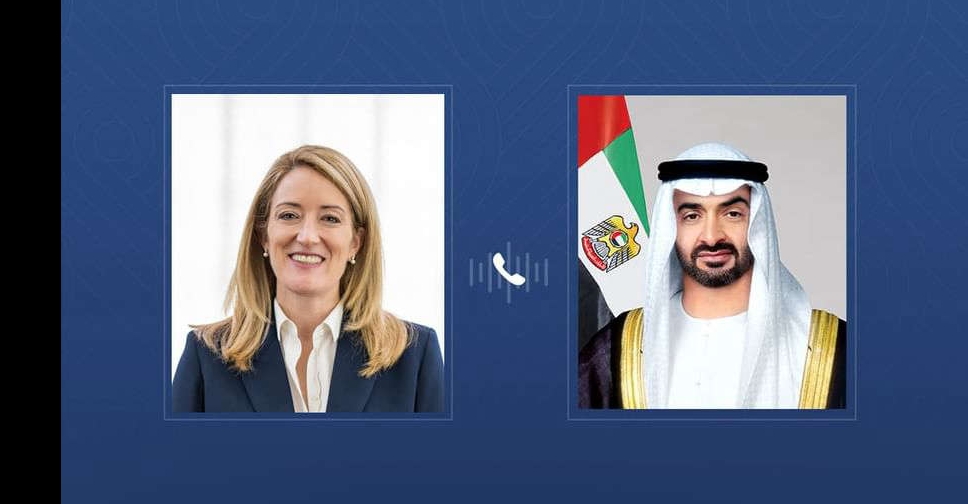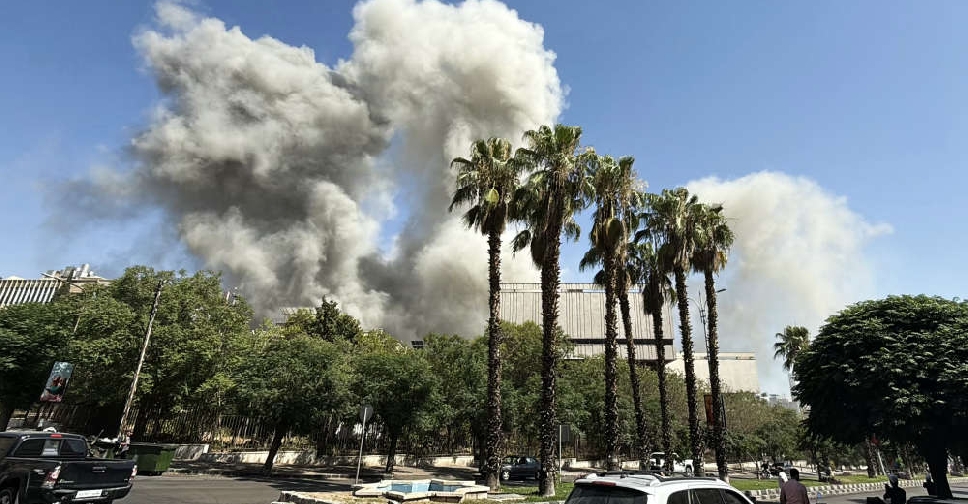
Powerful airstrikes shook Damascus on Wednesday, targeting the defence ministry and the presidential palace as Israel vowed to destroy Syrian government forces attacking Druze communities in southern Syria and demanded they withdraw.
The attacks marked a significant escalation by Israel against the administration of interim President Ahmed al-Sharaa. They came despite his improving ties with the US and his administration’s evolving security contacts with Israel.
Israel has stated it will not allow Syrian government forces to move into southern Syria and has pledged to shield the region’s Druze community from attack, encouraged by calls from Israel’s own Druze minority.
The US said the fighting would stop soon.
“We have engaged all the parties involved in the clashes in Syria. We have agreed on specific steps that will bring this troubling and horrifying situation to an end tonight,” US Secretary of State Marco Rubio said on social media.
The United Nations Security Council is expected to convene on Thursday to address the conflict, diplomats said.
“The council must condemn the barbaric crimes committed against innocent civilians on Syrian soil,” said Israel’s ambassador to the UN, Danny Danon. “Israel will continue to act resolutely against any terrorist threat on its borders, anywhere and at any time.”
Dozens of people have been killed this week in violence in and around the predominantly Druze city of Sweida, where fighters from the Druze minority have clashed with government security forces and members of Bedouin tribes.
Reuters reporters heard warplanes swooping low over the capital and unleashing a series of massive strikes in the afternoon. Columns of smoke rose from the area near the defence ministry. A section of the building was destroyed, with the ground strewn with rubble.
A Syrian medical source said the strikes on the ministry killed five members of the security forces.
An Israeli military official said the entrance to the military headquarters in Damascus was struck, along with a military target near the presidential palace. The official claimed Syrian forces were failing to prevent attacks on Druze communities and were complicit in the violence.
“We will not allow southern Syria to become a terror stronghold,” said Eyal Zamir, Israel’s military chief of staff.
Sharaa faces challenges in attempting to reunify Syria amid deep mistrust from groups who fear his leadership. In March, mass killings of members of the Alawite minority further exacerbated tensions.
On Monday, Syrian government troops were dispatched to the Sweida region to quell fighting between Druze fighters and armed Bedouin men. However, the troops ended up engaging in clashes with the Druze fighters.
Fresh violence broke out in the city, according to a Reuters witness, shortly after the Syrian Interior Ministry and Druze leader Sheikh Yousef Jarbou announced a ceasefire had been reached.
Residents of Sweida said they were holed up indoors. “We are surrounded and we hear the fighters screaming… we’re so scared,” said one local resident by phone.
Gunfire and explosions could be heard in the background. “We’re trying to keep the children quiet so that no one can hear us,” the man added, asking not to be named for fear of reprisals.
Syria’s Health Ministry said dozens of bodies, including both fighters and civilians, had been found in a hospital in the city.
The Syrian Network for Human Rights said 169 people had been killed in this week’s violence. Security sources put the toll at 300. Reuters could not independently verify these figures.
The Druze, who follow a religion that is an offshoot of Islam, are spread across Syria, Lebanon and Israel.
Following calls in Israel to help Druze in Syria, dozens of Israeli Druze broke through the border fence on Wednesday, linking up with Druze on the Syrian side, a Reuters witness reported.
Israeli Prime Minister Benjamin Netanyahu said the Israeli military was working to protect the Druze and urged Israeli Druze citizens not to cross the border. The Israeli military said it was working to safely return civilians who had crossed.
Faez Shkeir, an Israeli Druze man, said he felt helpless watching the violence in Syria. “My family is in Syria — my wife is in Syria, my uncles are from Syria, and my family is in Syria, in Sweida. I don’t like to see them being killed. They kicked them out of their homes, they robbed and burned their houses, but I can’t do anything,” he said.
On Tuesday, a Reuters reporter saw government forces looting and burning homes, stealing cars and furniture in Sweida. One man showed the reporter the body of his brother, who had been shot in the head inside their home.
A Syrian government statement on Wednesday said those responsible for the unrest in Sweida would be held accountable. It said the government was committed to protecting the rights of the people there.



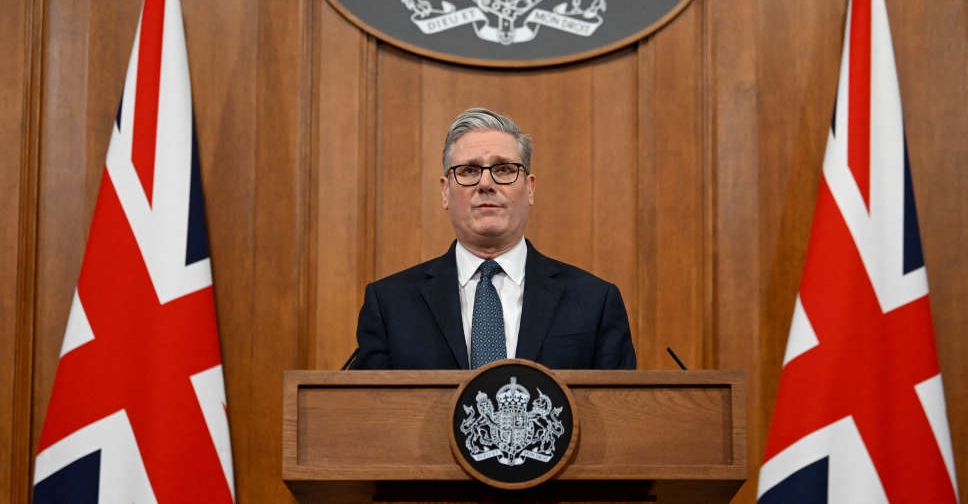 British PM Starmer to send four Typhoon jets to Qatar
British PM Starmer to send four Typhoon jets to Qatar
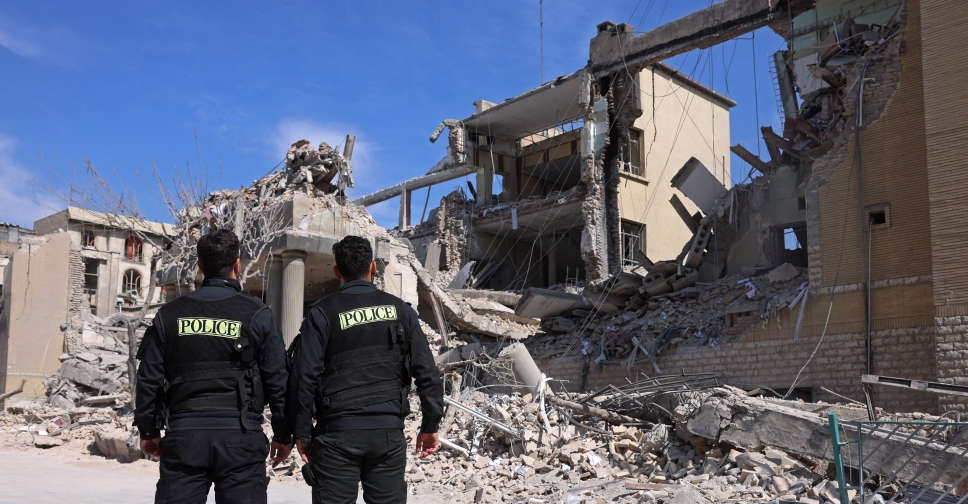 Bombing of Tehran intensifies as war enters day six
Bombing of Tehran intensifies as war enters day six
 Azerbaijan vows to respond after four injured by Iranian drones
Azerbaijan vows to respond after four injured by Iranian drones
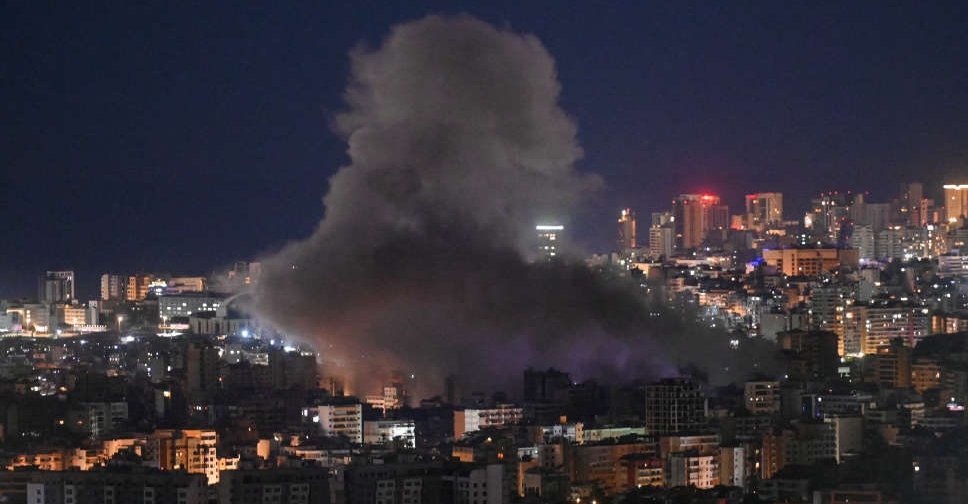 72 killed in Israeli attacks on Lebanon as it warns residents to leave south
72 killed in Israeli attacks on Lebanon as it warns residents to leave south
 Nepal goes to the polls; voters seek change after youth-led protests
Nepal goes to the polls; voters seek change after youth-led protests
